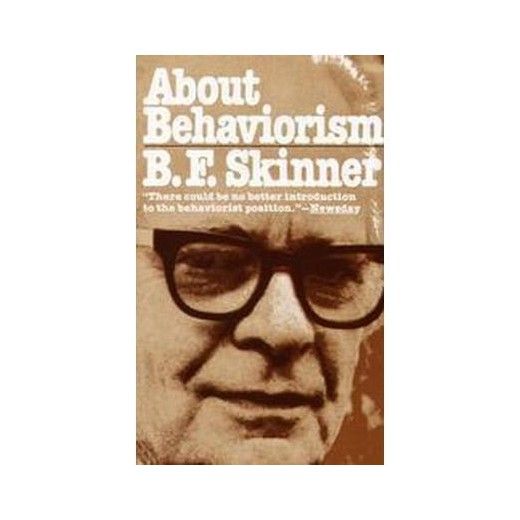Attacking things you don't understand
Among my pet peeves are poorly reported pieces about how new-media makes for poor reporting.
And as more old-media types are forced to confront the future, I expect to see a lot more silly pieces such as this one by a journalism professor at Washington & Lee University.
Consider this quote: "The news person who is expected to update a breaking story throughout the day is doing so at the expense of reporting that would develop and deepen the story so that it's illuminating and satisfying to readers."
That's simply absurd. A story isn't updated in lieu of reporting, a story is updated BY reporting. In the 24-hour news operations where I've worked (CNN, Bloomberg), a journalist reports, writes/produces and then files a story. Then he goes deeper. He calls another source. Then another. When he gets something interesting, he updates the story. He starts compiling more source material and posts it to the Web. He starts editing the audio of those earlier interviews, looking for good soundbites and MORE information. Then he calls another source. Then another, ad infinitum.
That's not acting "at the expense of reporting." That IS reporting.
The rest of the essay by Edward Wasserman has similar flaws. Wasserman announces in stereotypical newspapers-first arrogance that few "print reporters are eager to become helpmates to TV news, which they regard as entertainment programming." He suggests that the converged newsroom is some sort of recent arrival that promotes "third-rate journalism," whereas even a casual observer who has ventured off a college campus since the Watergate scandal must realize that convergence has been a well-established practice at some of the giants of journalism for years. Hell, the Chicago Tribune has had cameras in the newsroom for something like 20 years.
As if the essay couldn't get worse, Wasserman ends with the following cry of anguish and outrage: "When do we hear from the professional journalists? Where is their independent assessment of how these powerful new technologies can be used, not to plant the flag in cyberspace, not to reclaim market share, but to provide great, meaningful journalism?"
Really, Ed. Are you kidding me? Those people are everywhere! Have you ever seen the work of Adrian Holovaty, creator of chicagocrime.org and now an editor at the Washington Post? Ever heard Rob Curley speak? He serves on the professional advisory board of College Media Advisers, the organization that helps folks like you understand the new world. Holovaty and Curley created the converged newsroom at the Lawrence Journal-World, perhaps the best new-media operation in the world.
How about Steve Outing, formerly of the Poynter Institute, the newspaper think tank. How about Amy Gahran? She does some writing for Poynter too. Speaking of Poynter, a search of that site yields 56 results for the phrase "converged newsroom." And sure enough, as I take a look at them, I find that many of them are written by professional journalists wondering how to create meaningful journalism.
Do you know Dan Gillmor? How about Canada's Fine Young Journalist? Have you followed the work of your peers at CMA? Speaking of your peers, do you know Doug Fisher at the University of South Carolina? How about Mindy McAdams at the University of Florida?
Ever hear of Tim Porter? (He knows you. He linked to you once.) Ever talk to him? Post a comment to his site? I mean seriously, Ed, could anyone who claimed to know anything about journalism write a piece about converged newsrooms without knowing about Tim Porter?
Jeez, Ed. Do some more reporting before you sit down and write.
For an earlier post that discusses the disconnect between new and old media at journalism schools, click here.
UPDATE: Given the nature of this post, I couldn't resist the urge to update with additional information. I'd guess that Ed knows all about the Poynter Institute now. Miami Herald executive editor Tom Fiedler used a Poynter forum to respond to Ed's essay. Tom kindly suggests that Ed had an off day and has "spent too much time lately in his Virginia classroom recounting journalistic history and not enough time in newsrooms plotting journalism's future."
My point exactly.
UPDATE2: Do you see how this works now Ed? I found another piece of information, so I'm updating again. This time I think the readers might want to know that Mindy McAdams has also weighed in on your piece. She's kinder than I have been, but she too thinks you're off base.
UPDATE3: OK. I'm just fooling around now. I don't have anymore updates.
tags: journalism, b2b, media, trade press, magazines, newsletters, conversational media, business media, journalism education




